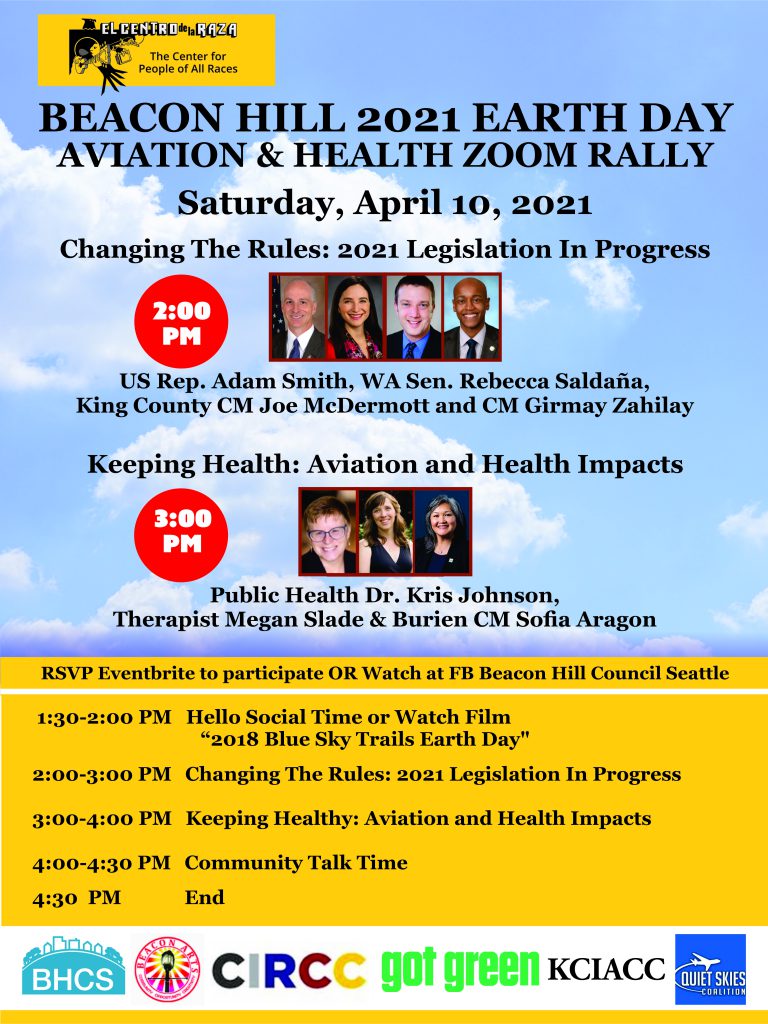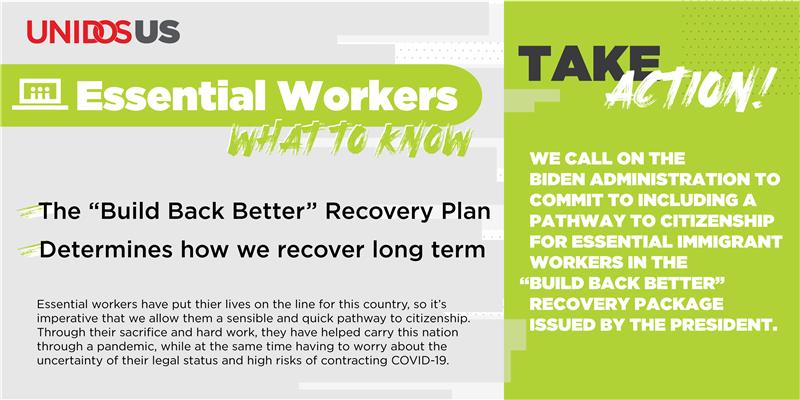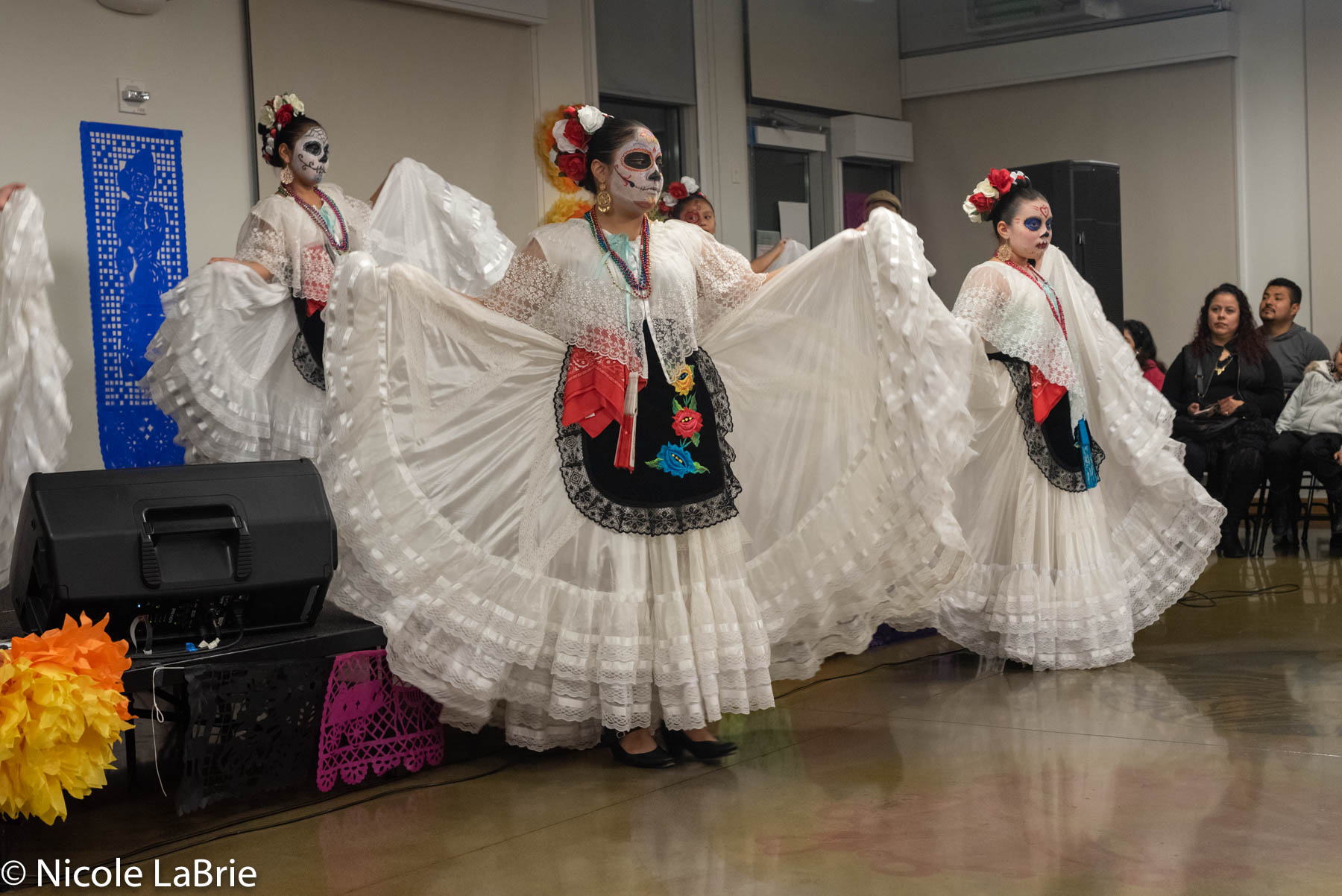Please take this Mount Baker Early Learning Center Survey
We have been collaborating with the University of Washington on the Mount Baker Early Learning Center. We would appreciate if you took this survey(Español), before April 6th, which will help make sure parent, educator and community voices are heard in planning for this early learning hub.
Upcoming Town Halls
Ask this targeted question:
- What actions can you take to ensure $240M of cash assistance for undocumented immigrants is included in the biennial budget?
If you get a response, please let us know! Email: c.barragan@waisn.org
March 24 at 7pm
33rd District (SeaTac, Burien) – Rep Mia Gregerson + Rep Tina Orwall + Sen Karen Keiser
- Submit questions ahead of time: surveymonkey.com/r/LSTG8BR or submit questions live during the event by leaving a question in the comment section
- Facebook Live event open to all
March 31st at 6pm
For an update on the HEAL Act, which we mentioned in our last newsletter, check out this 37th Legislative District Town Hall on March 31st at 6pm. We continue to support the HEAL Act, which would take essential steps by defining environmental justice to improve all Washington residents’ environmental health conditions. This bill would prioritize improvement in areas where communities suffer most from pollution. It will be available on Facebook, YouTube, and Twitter accounts for the Senate Democratic Caucus and the House Democratic Caucus. The easiest way to join will be at State Senator Saldaña’s FB page. Stay tuned for more details as the event approaches!

Working Washington’s Pay Up Campaign
Gig companies have been expanding rapidly throughout the pandemic. At the same time as they’re making their executives into billionaires, they’re getting away with paying as little as $2 a job to the people who do the work. Here’s 3 things you can do to support Working Washington’s Pay Up Campaign and help raise pay for tens of thousands of people in our city:
- Build the coalition: Share our sign on with other people and organizations. (Need more information? Let me know! Happy to share more detail about the policies we’re fighting for!)
- Spread the word: Share our worker survey with any delivery drivers & other gig workers you may know to help us make sure the policies we’re advancing are grounded in workers’ needs.
- Help make gig workers a priority at City Hall: Send a quick personal message to your city councilmembers and the mayor, letting them know that raising pay in the gig economy is a priority!

To achieve the pandemic recovery we ALL want to see, we must ensure that everyone is included in it. That means ensuring that we stabilize our workforce by protecting immigrants serving as essential workers and providing them with an earned path to citizenship. We must honor and protect those who have spent so much effort protecting us by keeping our hospitals running, stacking our grocery shelves, and cleaning our homes and offices.
We call on the Biden administration to commit to including a pathway to citizenship for essential immigration workers in the president’s Build Back Better recovery package.
Let’s truly “build back better” by stabilizing our workforce and families.
Health care should be available to all, regardless of immigration status.
Access to affordable health care is particularly crucial now, as underlying inequities have been exacerbated by the pandemic. Immigrants and communities of color are disproportionately contracting, hospitalized for, and dying from COVID-19.
Urge your lawmaker to ensure the state budget includes funding for health care services for uninsured and underinsured people regardless of immigration status
$1.9 trillion American Rescue Plan
What does President Biden’s recently enacted $1.9 trillion American Rescue Plan mean for HUD and USDA housing programs and the people and communities they serve?
Housing Provisions in the American Rescue Plan Act of 2021
COVID-19 has exacerbated our nation’s already severe housing affordability crisis. Today, 1 in 5 renters is behind on rent and just over 10 million homeowners are behind on mortgage payments. People of color face even greater hardship and are more likely to have deferred or missed payments, putting them at greater risk of eviction and foreclosure. At the same time, our nation’s homelessness crisis has worsened during the pandemic, as people experiencing homelessness are highly vulnerable to COVID-19 transmission, illness, and severity due to their use of congregate shelters and their high prevalence of underlying health conditions.
The Biden-Harris Administration has made delivering housing relief a top priority. Recently, the administration announced a coordinated extension and expansion of forbearance and foreclosure relief programs, an important step towards building stronger and more equitable communities.
To bolster these efforts, Congress has passed the American Rescue Plan Act of 2021to deliver more aid to people struggling to pay their rent or mortgage. The American Rescue Plan Act of 2021includes a number of provisions to be administered by HUD and other agencies to provide immediate and direct relief to help people across America remain stably housed during the pandemic.
Specifically, the American Rescue Plan Act of 2021provides:
· Emergency rental assistance. The legislation provides more than $21.5 billion in emergency rental assistance to be administered by Treasury to help millions of families keep up on their rent and remain in their homes.
· Homeowner Assistance Fund. The legislation provides nearly $10 billion to be administered by Treasury to help homeowners behind on their mortgage and utility payments and avoid foreclosure and eviction.
· Emergency housing vouchers. The legislation provides $5 billion for emergency housing vouchers for individuals and families who are experiencing homelessness or at risk of homelessness
· Homelessness assistance and supportive services program. The legislation provides $5 billion for the HOME Investment Partnerships Program to help create housing and services for people experiencing or at risk of homelessness.
· Housing assistance and supportive services programs for Native Americans. The legislation provides $750 million for Native Americans and Native Hawaiians’ assistance, helping reduce housing-related health risks during the pandemic.
· Emergency assistance for rural housing. The legislation provides $100 million to be administered by USDA to help people in rural communities keep their homes during the pandemic.
· Funds for housing counseling. The legislation provides $100 million to be administered by NeighborWorks, for grants to housing counseling providers to provide services to households facing housing instability.
· Relief measures for section 502 and 504 direct loan borrowers. The legislation provides $39 million to be administered by USDA for USDA Section 502 and 504 home loans, which help low- and very-low-income borrowers purchase, repair, and rehabilitate housing in rural areas while helping existing borrowers who are struggling to afford housing.
· Funds for fair housing activities. The legislation provides $20 million for the Fair Housing Initiatives Program to investigate fair housing complaints, strengthen enforcement, and assist those who believe they have been victims of housing discrimination.
More info on this and other programs: HUD COVID-19 Resources and Fact Sheets

